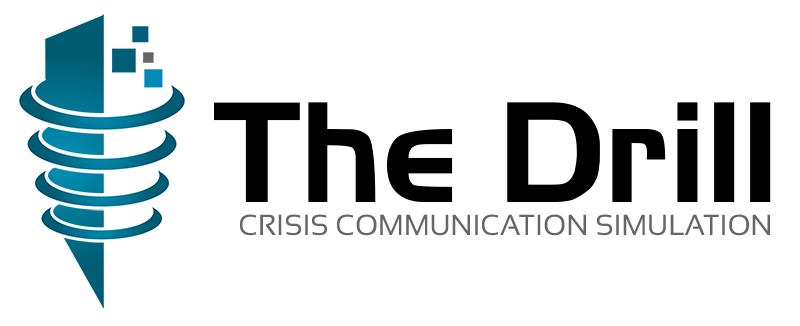Crisis Communications Management For Governments
Call it corporate social responsibility, brand band-wagoning or virtue signalling but many modern organisations are nowadays choosing to support - or decry - issues that they feel require a behavioural stance on. ‘Virtue-signalling’ is a key part of issues management aversion and reputation management strategy.
Think of the Qantas support for same sex marriage, Rugby Australia’s position on Israel Folau’s faith-driven pronouncements and, even, Woolies pulling out of the pokie gambling business: Companies are positioning or marketing the virtue of their behaviour by aligning themselves with the causes, campaigns or stances they feel bolster their image in the eyes of important stakeholders.
Crisis training Australia
Aussie banks and financial companies do this too with one Johnny-come-lately brand, for example, asserting itself as the banks “…that doesn’t lend to the fossil fuel industry.” It wouldn’t stretch the idea too far to suggest these brands might even think there’s a little bit extra in it for them such as a potential increase in loyalty or trade as a result of being seen to ‘do the right thing’. For sure, doing the wrong thing can lead to a crash course in crisis management 101.
Crisis communications case studies
Many of Australia’s big four banks regularly feature in compilations of the nation’s ‘good corporate citizens’. But consumers are confused, not knowing which behaviour is truly indicative of the character of the brand in question. Are they really good citizens or predators who are no strangers to crisis management scenarios ?
For instance, one big bank recently proclaimed it was the most sustainable business in Australia for the third consecutive year, while nigh-simultaneously defending itself against slurs for selling credit insurance to the unemployed and students who were ineligible to claim on said insurance. To date, much of the headline grabbing on the corporate social responsibility front has been done by big businesses rather than public entities, political parties and apparatchiks; certainly corporations have better budgets to engage in what can be seen as indulgently philanthropic activity.
Fairly recently, the public eye fell (too momentarily?) on Dan Andrews’ Victorian government which was facing crisis management challenges concerning ethics, integrity, partnership and principles. You see, VicGov apparently has a $39 million deal with a bank engulfed in media and reputation disasters relating to child exploitation and a cumulative 23-million anti-money laundering law transgressions.
Crisis scenarios, crisis simulation or crisis strategy ?
We regularly hear federal politicians pronounce from Canberra that bank customers should vote with their money when the banks don’t do the right thing on passing on rate reductions. And, sure, many pollies will be out on the press hustings calling out the disgrace and disdain of big bank executives when it suits their PR purposes. But what applies when such crisis scenarios translate into real life crisis campaigns?
Do Victorian residents, for example, have a right to demand ethical leadership from the government they have, broadly, elected? And if the public is supposed to vote with its wallet when the banks commit minor misdemeanours what should they expect their elected and paid-for state government to do when dealing with a banking partner that has blithely done big business with criminals and paedophiles?
That’s a crisis management scenario to test any politicial. And it needs a crisis communications commitment that should be enacted in the real world!
Crisis communications specialist Gerry McCusker is the author of ‘Public Relations Disasters’ and the owner of crisis simulation technology, The Drill. thedrill.com.au
